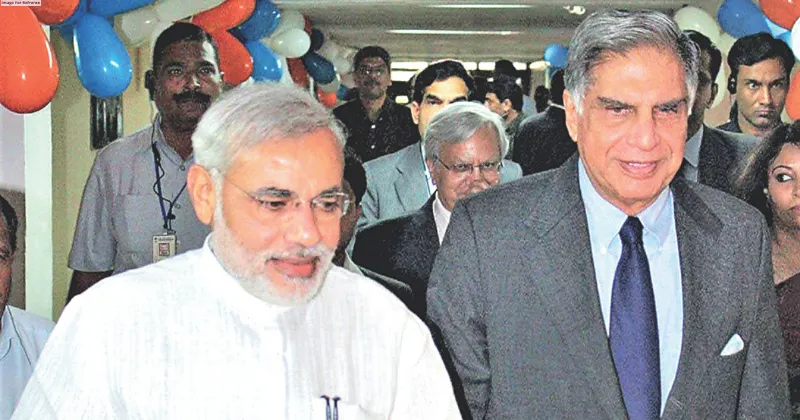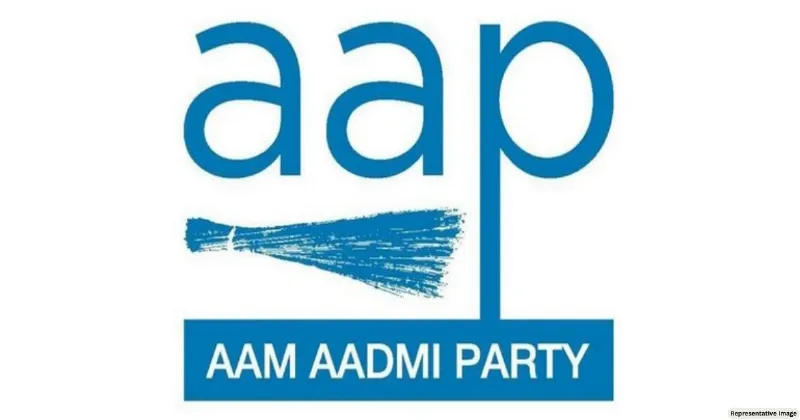Latest News
PARENTING NEEDS MORE OF CONNECTING THAN CORRECTING

Parenting, is the noble process of raising children and providing them with good environment, protection and care to facilitate their growth as successful and good human beings. Parents assert a direct and powerful influence on their children and if children turn out well, it is to the parents’ credit; if they turn out badly, it is the parents’ fault. They play a significant role in shaping children’s environment, peer relationships, neighbourhood, the schools and friends they make. Even broad contextual factors, such as poverty and culture, are mediated by parents, which are fundamental to children’s development and stature, adjustment and success in life. Based on being High or Low Responsive and /or High or Low Demanding, parenting styles can be broadly viewed as Authoritative (high demanding and high responsive), Authoritarian (high demanding, low responsive), Permissive (low demanding, high responsive) Rejecting (low demanding, and low responsive).
Authoritarian Parenting is characterised by strict rules by parents and obedience by children with no scope of errors and mistakes lead to punishment. Less nurturing parents with high expectations may end up with children growing as poor self-esteem and indecisive. But Some children may turn out to be well behaved with high output but aggressive nature.
Authoritative Parenting develops a close, nurturing relationship with the children. There are reasonable, mutually agreed clear expectations from children and disciplinary methods are used as a way of support instead of punishment. Such parenting leads to the healthiest outcome for children but requires lots of patience and effort from both parties. End product in most cases is confident, high performing, responsible, self-regulating children with high on self-esteem.
Permissive Parenting is full of warmth, nurturing and with minimal or no expectations. The parents are friendly to children and give them adequate freedom applying limited rules. Children of permissive parents do have some self-esteem and decent social skills but can be impulsive, demanding, selfish, and lack self-regulation.
Rejecting Parenting style symbolises disconnected relationships and a highly rigid approach. In this parent are unresponsive to the children’s needs and spend less or no time with their children. This leads to low self-esteem, behavior problems and substance abuse in the children.
Parenting styles impact children development in many ways like emotional, cognitive, social, moral, cultural, physical, and mental.
Good Parent - Child bond provides a foundation for emotional regulation and resilience throughout their lives.
Parents connecting by providing a stimulating environment with toys, books, and activities and their involvement in a child’s education can positively impact their academic performance.
Children often mimic parents’ social interactions, such as relationship formation, cooperation, conflict resolution, and empathy.
Parents are primary source of moral and ethical guidance, and shaping their cultural identity. Authoritative parenting nurtures good social behavior in children.
Parents influence eating habits and physical activities impacting physical health. Parenting styles also affect a child’s self-esteem, stress-coping, and mental health development.
As a parent there is a need to connect rather than correct a child all the time, especially when one sees the child undertaking some activities which parents perceive high risk activities. In such situations join in with your kid and connect in doing that activity rather than correcting from side lines. The corrections are normally taken as external instructions or preaching which is perceived by children as over interfering and may prove counterproductive.
We find many parents frequently arguing with teachers, neighbours, other family members or friends about their rules or the way your child is treated, this is helicopter parenting and definitely not healthy. In such cases, friends start distancing themselves and teachers become cautious, thereby denying these children natural growth opportunities and good company.
Getting into a power struggle with a child where both parents and children refuse to give in is a very precarious situation, which must be avoided. Power struggle is no one wins situation, causing rise of temperaments leading to increase in children anger towards their parents rather than learning lesson.
The bottom line of good parenting is spending some quality time with children, connecting with them and be available to them in time of need. Keep communicating and probing their thought process and asking them as what they wish to do and give them freedom as how to do.
THE VIEWS EXPRESSED BY THE AUTHOR ARE PERSONAL
Col Rajesh Bhukar The writer is a Post Graduate in International Studies, Alumni of Defence Services Staff College, Wellington and College of Combat, Mhow





















